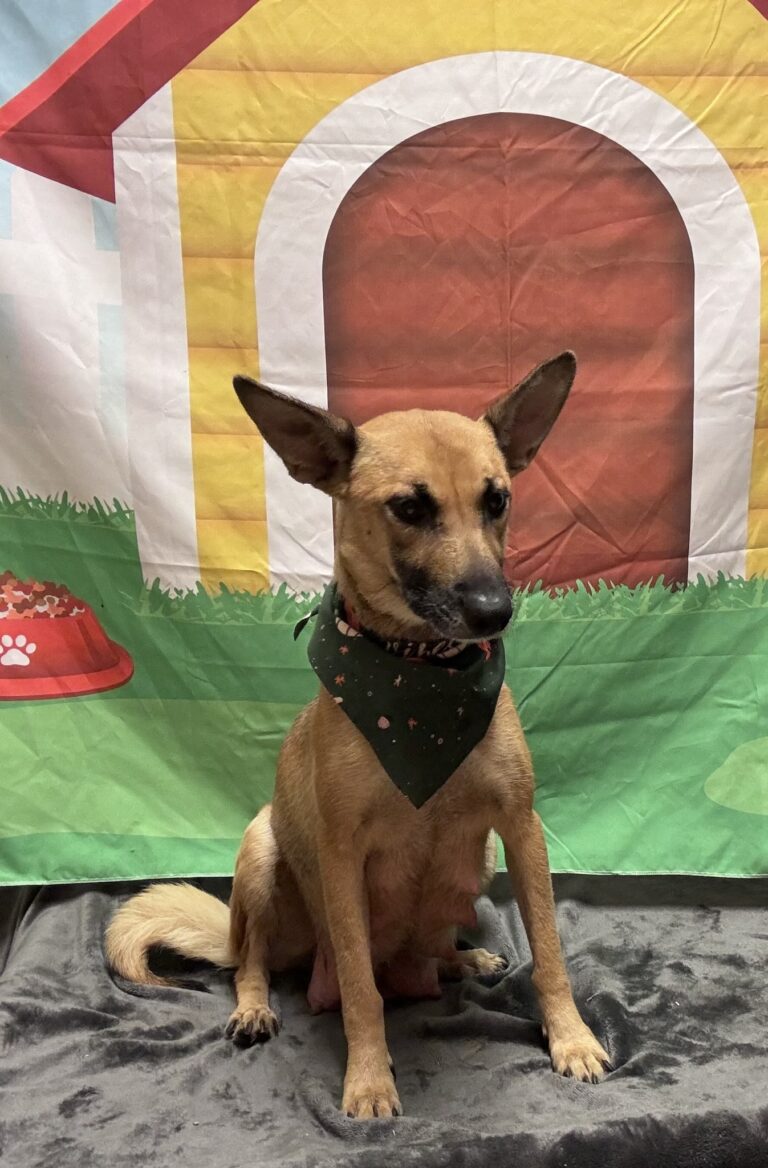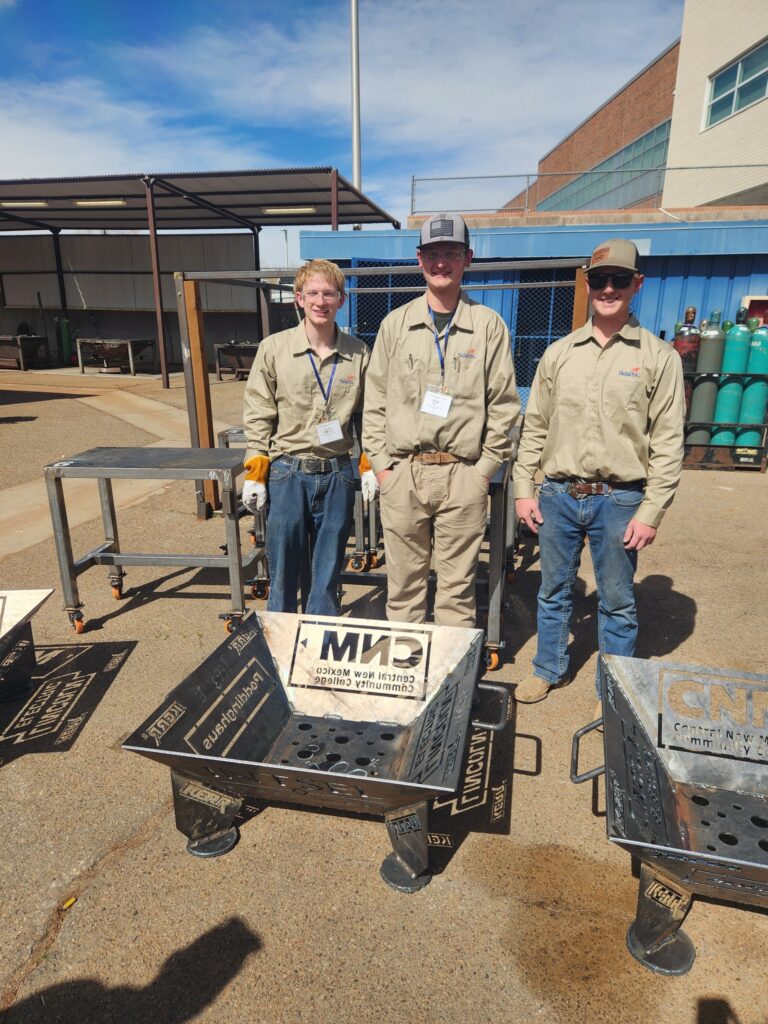PARVO AND WHAT YOU NEED TO KNOW

By: Harry Bailey
Animal Shelter Supervisor
Unfortunately, in the Artesia area, we often see animals that have contracted Canine Parvovirus (CPV), and this virus is one of the most serious for puppies, adolescents, and mature dogs. It’s this serious because it is potentially fatal and difficult to treat. It can exist for an extremely long time in the environment and is shed in very large quantities by infected dogs.
There are two slightly different strains of canine parvovirus: CPV-2a and CPV-2b. While both cause the same disease, CPV-2b is associated with the most severe form. Thankfully, however, Parvo vaccines such as DA2PPC and DHPP give dogs protection against both strains.
If an unvaccinated dog encounters the virus. It can take anywhere from 6 to 10 days to show symptoms if contracted. Direct contact with another infected dog isn’t needed for the virus to spread. One of the most common ways for an unvaccinated dog to become infected is by ingesting the feces of an already-infected dog. But due to its environmental stability, this virus can just as easily be transmitted through the paws and hair of an infected dog, an unsuspecting person’s shoes, and clothes, as well as any surface or object that’s been unknowingly contaminated.
While Parvo can affect dogs of all ages, it most commonly affects unvaccinated dogs under the age of one. Puppies younger than five months are usually the most severely affected and the most difficult to treat. Treatments for infected animals are very costly and depending on when they receive the treatment can depend on the outcome. The best practice is to get with your veterinarian and ensure you have your animals up to date on their vaccines, as well helps to ensure a clean environment for your pet and others.
For more information and any questions you may have, please contact, Harry Bailey, Animal Shelter Supervisor at:
575-746-5043 or 575-513-1877
hbailey@artesianm.gov



